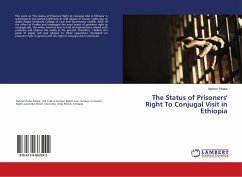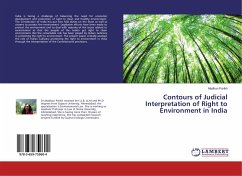Genocide is an outrageous crime, prohibited by international customary law, even absent a formal treaty obligation. The International community and the Contracting Parties of the Convention on the Prevention and Punishment of the Crime of Genocide have a direct obligation both to prevent and to punish genocide. However, they fail to do so. The reason for this lies in the unclear meaning of the intent to destroy as defined by the Convention. Currently, there are two different understandings of intent; knowledge-based and purpose-based understanding. This thesis explores both interpretations by a comparative analysis method. It demonstrates that the intent to destroy should be interpreted in a manner that will ensure that the crime of genocide is both prevented and punished. The key findings show that both the knowledge-based approach and the purpose-based approach perfectly fit together; which of them shall be applied depends on the degree of individual liability, and on whether the focus is on punishing or prevention.
Bitte wählen Sie Ihr Anliegen aus.
Rechnungen
Retourenschein anfordern
Bestellstatus
Storno








